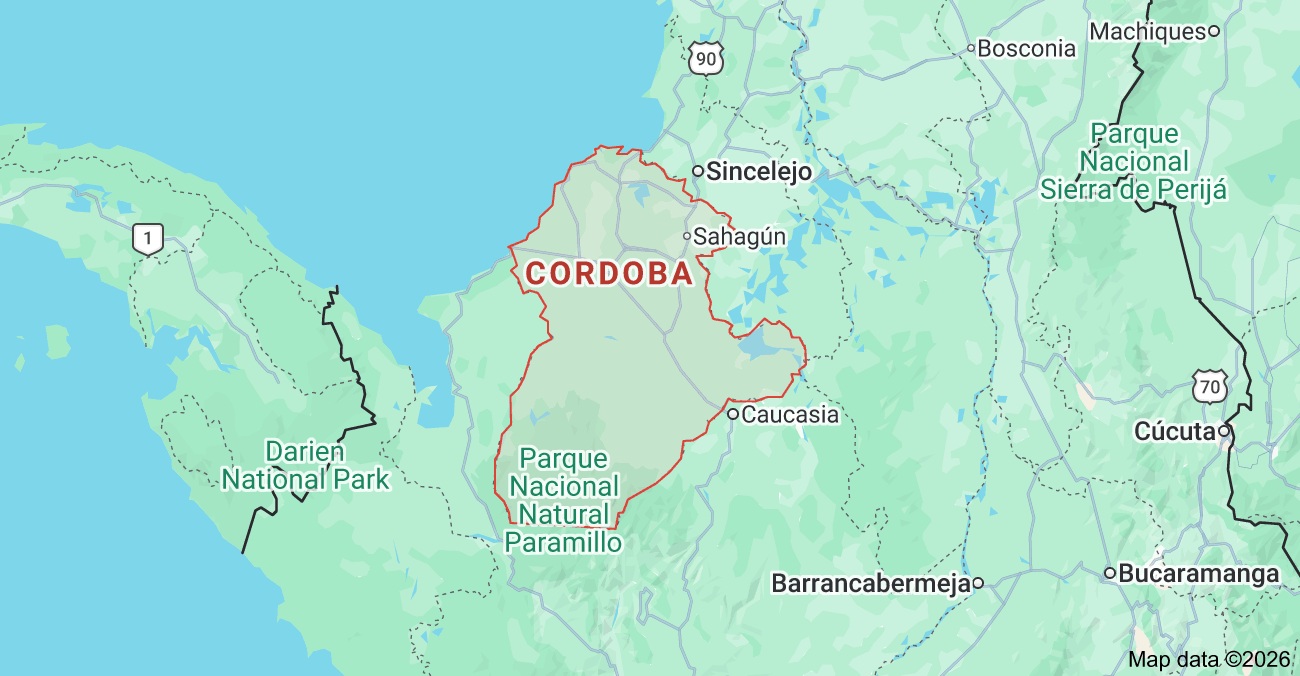MEDIA WATCH: Trump keeps focus on devoted supporters with Accord withdrawal

WHEN President Trump announced the withdrawal of the United States from the Paris climate accord, he cast the decision as being in the best interests of coal miners and other working-class Americans whose support helped sweep him into office writes the Washington Post.
Trump cited three states in particular that would benefit: Pennsylvania, Ohio and Michigan — all of which were key to his electoral college victory.
And as he stood in the Rose Garden, Trump listened as Environmental Protection Agency administrator Scott Pruitt praised him for keeping a campaign promise and “fighting for the forgotten men and women across this country,” echoing Trump’s rhetoric from the race.
The announcement on climate change Thursday was just the latest in a series of actions orchestrated by the White House to buoy Trump’s political base at a time when he remains historically unpopular at this point in his presidency.
“It’s clear that his strategy is a constant doubling down on his base voters,” said Republican consultant Doug Heye. “Those were the people at the rallies applauding when he said these things.”
Trump allies say the president is merely trying to follow through on his campaign promises, but others see missed opportunities to broaden the appeal of a Republican president who lost the popular vote to Democrat Hillary Clinton and whose job approval hovers around 40 percent.
Trump’s action on the Paris agreement carries particular risk, given polls have shown the accord was supported by a large majority of Americans, including independent voters. Moreover, some prominent Republican business leaders were among those who forcefully — but ultimately unsuccessfully — lobbied the president to stay the course.
At the urging of his chief strategist Stephen K. Bannon and others, Trump instead sided with those who were most enthused about his unanticipated win last year and whose support the White House deems crucial as Trump seeks to weather the turmoil of multiple investigations into Russian election meddling.
With two of Trump’s marquee campaign promises — repealing the Affordable Care Act and cutting taxes — stalled in Congress, Trump has appeared particularly eager to act in areas where he can move forward on his own.
He is continuing to press a plan to temporarily ban citizens from six mostly Muslim countries, turning this week to the Supreme Court for help in reviving a controversial campaign promise that lower courts have blocked.
Trump recently announced an executive action intended to mitigate the impact of the so-called Johnson Amendment, which curtails the ability of churches to play an active role in elections. That was a priority of evangelicals, who overwhelmingly sided with Trump last year.
arly in his term, Trump announced the withdrawal from the United States from the Trans-Pacific Partnership. As recently as in his speech Thursday, he reiterated his desire to renegotiate other trade deals that he routinely disparaged on the campaign trail to the delight of his blue-collar supporters.
Trump’s withdrawal from the Paris accord plays particularly well with rural backers who embraced his “America First” mantra and are wary of the impact of Obama-era deals cut with allies overseas. Trump’s scolding of NATO allies for their level of military spending during his foreign trip last week also appeared designed to play to his base at home rather than strengthen friendships abroad.
“When forced to choose between keeping promises to his base or broadening his appeal, President Trump always seems to choose his base,” said Michael Steel, a former senior aide to former House Speaker John A. Boehner (R-Ohio). “It may be smart politics to dance with the one that brung ya, but it’s another reason this looks different than any presidency in American history.”
Not all Republicans are convinced it’s smart politics.
The composition of the electorate in the 2020 presidential race may well look different than it did last year, when Trump prevailed in the electoral college by narrowly defeating Clinton in a small handful of states that have traditionally tilted toward Democrats.
If the Democrats are able to field a stronger candidate than Clinton and run a better race than she did, suburban women could play a more pivotal role next time around, said Rick Wilson, a longtime GOP strategist and frequent Trump critic.
While climate change is not likely to be a determinative issue, Thursday’s decision “is one more piece in a mosaic” of why such voters, particularly those who are college-educated, are being turned off by Trump, he said.
“In the short term, that’s their goal: keep the base locked in,” Wilson said of the White House. “He’s under the gun in so many other aspects of his presidency, he’s looking for any lift he can get.”
Several Trump advisers have suggested that the strength of the economy will play a large role in whether the president is re-elected — an argument White House counselor Kellyanne Conway [author of “alternative facts”] sought to bolster on Twitter on Friday morning.
“Guessing this headline on @CNN is more relevant than ‘Russia’ to real people: ‘U.S. Unemployment hits lowest level since 2001,’” she wrote.
In explaining his decision Thursday, Trump said the Paris agreement “handicaps the United States economy in order to win praise from the very foreign capitals and global activists that have long sought to gain wealth at our country’s expense.”
“They don’t put America first,” Trump said. “I do, and I always will.”
That kind of appeal resonates among Trump voters, said Marc Rotterman, a longtime GOP consultant in North Carolina, another swing state that was key to Trump’s victory last year.
Rotterman said many of Trump’s supporters are watching to see if he can deliver on tax cuts and other promises that will affect their pocketbooks. In the short term, Rotterman said, the bold action taken Thursday will remind them of a president fighting for their interests.
“Politics is about the perception of momentum,” he said. “The White House is trying to reboot so they can get their agenda moving on health care and tax reform. And he’s short on time.”
Heye, a former communications director at the Republican National Committee, suggested Trump stands to gain from another dynamic that started playing out Thursday: the vehement condemnation of his action by those on the left.
“His base of supporters will look at that and think he’s making the right call,” Heye said.





